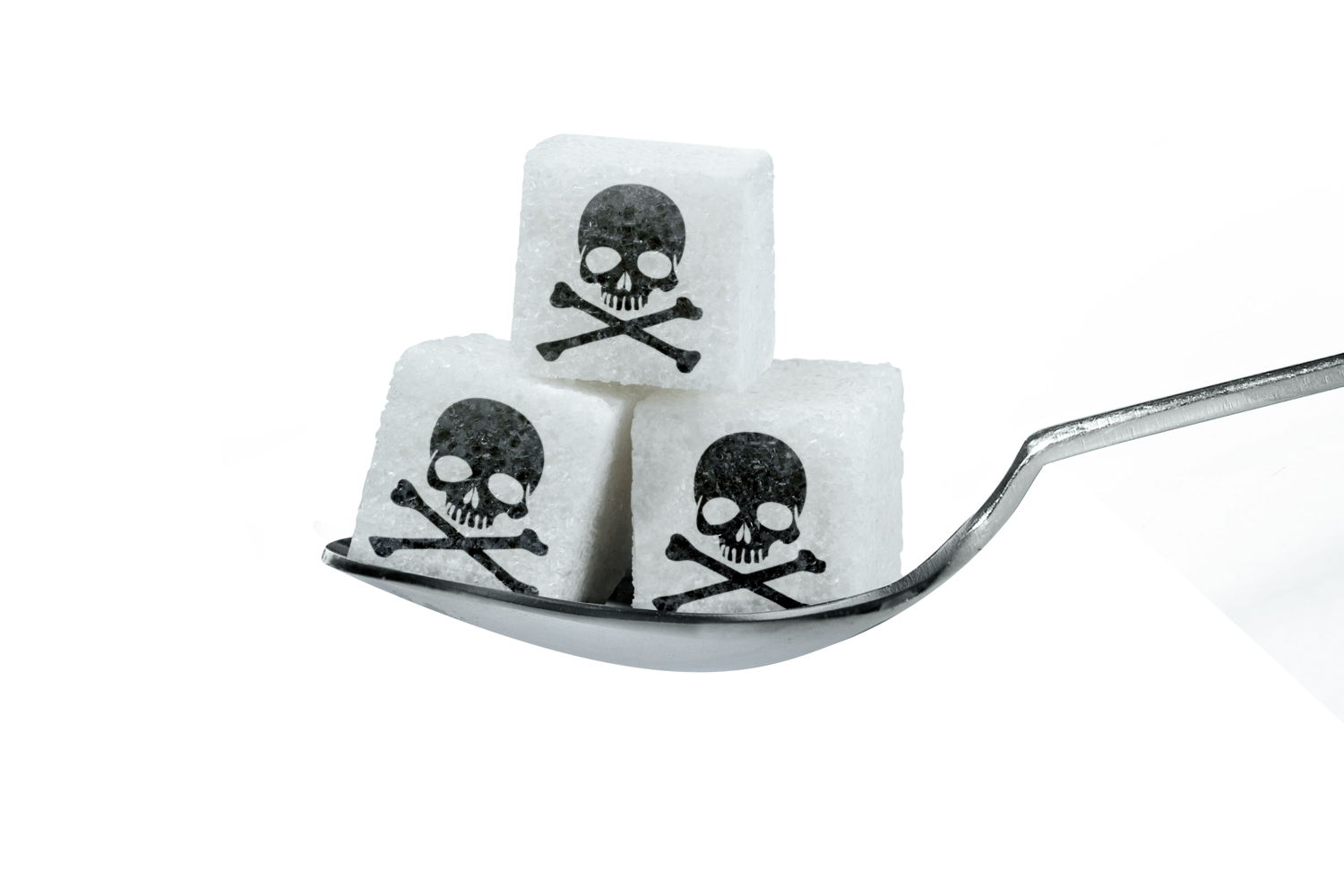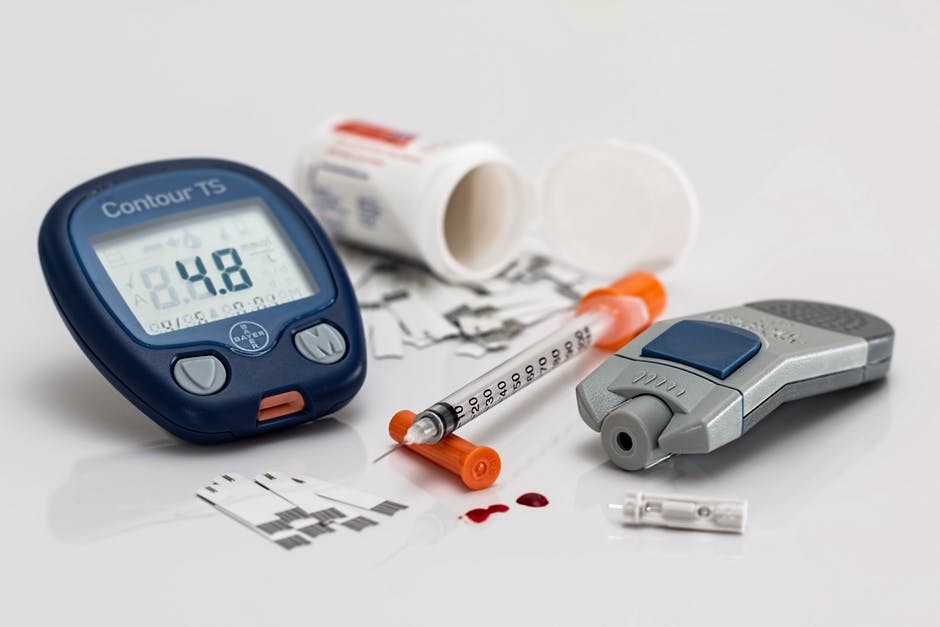Sugar Tax: A small price to pay to save lives
As South Africa moves towards the introduction of a tax on sugar-sweetened beverages (SSBs), the debate continues on whether paying more for these drinks could assist in reducing South Africa’s growing epidemic of non-communicable diseases, particularly obesity and diabetes.
According to Karen Hofman, Professor at the University of the Witwatersrand’s School of Public Health, taxing SSBs is a deterrent conveyed by the price increase. This will in turn encourage the demand for healthier alternatives while also convincing the industry to reconsider the formulation of their products and marketing strategies. Prof Hofman is also the Director of PRICELESS SA, a programme that is aimed at enabling smart decisions about health investments in South Africa.
Currently, it is estimated that an average single 350ml can of a carbonated sugar-sweetened beverage contains 10 teaspoons of sugar and a glass of fruit juice is about the same. This is significantly more than the maximum limit of six teaspoons per day recommended by the World Health Organisation. In South Africa, the annual consumption of sugar is growing. A few years ago this was estimated to be 31 kilogram per person per year of which a third is consumed through sugary drinks. SSB consumption is growing in both rural and urban areas. Without a tax this will continue to skyrocket.
Prof Hofman, who will be presenting research results on the potential impact of an SSB tax on reducing obesity and diabetes at the upcoming Africa Health Exhibition & Congress, is one of the authors of a paper published in 2014 in the journal PLOS ONE that investigated the potential impact of a 20% tax on SSBs on obesity in South African adults. The mathematical model suggests that such a tax could reduce obesity in men by 3.8% and 2.4% in women, translating in preventing obesity in up to 220 000 people in South Africa, and reducing diabetes prevalence by 4%, slashing the cost of treating obesity-related diseases by millions of rands.
While a 20% tax on SSBs was initially proposed in the 2016 Budget, it was subsequently reduced to 11% in the 2017 budget following submissions to Parliament and consultations with stakeholders.
Prof Hofman stresses that doing nothing to reduce sugar consumption will just add to the morbidity and mortality associated with South Africa’s growing burden of non-communicable diseases, particularly those related to obesity. Figures released by the Department of Health last year showed that almost 70% of women and 40% of men in South Africa are overweight or obese with 43% of deaths in the country now associated with obesity-related diseases. These obesity-related diseases have now overtaken HIV in SA.
According to Prof Hofman, their research has shown that consuming SSBs on a regular basis (1-2 cans per day) potentially increases the risk for developing type 2 diabetes by 25% whether a person is obese or not. If a person is already obese, the consumption of sugary drinks can up the risk to 50%.
But, why target only sugar-sweetened beverages and not sugar in general?
“Because the sugar in SSBs is liquid sugar, it is absorbed differently in the bloodstream than sugar taken in a solid form. As it absorbs very rapidly, it causes a rapid spike in blood glucose levels, increasing the demand for insulin from the pancreas. Over time this leads to pancreatic exhaustion, resulting in glucose intolerance and the subsequent development of type 2 diabetes,” Prof Hofman explains.
However, she concedes that the tax should not be seen as the silver bullet that will stop the consumption of SSBs. “It is the first step in a multipronged strategy that is needed to reduce obesity and convince people, and the industry, of the harms it is causing to people’s health. Improving South Africa’s product labelling laws and regulating the marketing of these products to children are the next steps.”
South Africa’s progressive tobacco laws are testimony that imposing a tax to make potential harmful products less affordable does have a significant impact. Since the Department of Health started its clamp-down on smoking in SA two decades ago, the number of smokers has dropped from 40% of the population to 20% with the introduction of taxes on tobacco products found to be the major contributing factor to the decline.
Although it is too soon to measure the impact of sugar tax on improving health, research already shows a reduction in consumption of SSBs. Recent research published in the journal, PLOS Medicine that examined the impact of such a tax in Berkeley in California, has shown a 6.9% reduction in the sales of SSBs compared to a 6.9% rise in sales in surrounding areas where these taxes have not been introduced. A similar trend was observed in Mexico over two years.
“Imposing a tax is just the beginning of educating consumers to make the healthy choice and easy choice because no one needs any sugar in their diet at all. Talking about SSB taxes and the reasons behind it is a public health message that could not only change behavior, but also convince the industry to reconsider what they are putting into their products,” concludes Prof Hofman.
Prof Hofman will be speaking at the Public Health conference, which will form part of the 7th annual Africa Health Exhibition & Congress 2017 taking place from 7-9 June 2017 at the Gallagher Convention Centre in Johannesburg, South Africa. In support of the move to reduce sugar consumption, the organisers of Africa Health will not be serving sugary drinks and beverages during the event.
More than 9,300 regional and international healthcare professionals and medical experts are expected to attend the event.
Ends/
Conference cost: ranges from R150 - R300. Email: [email protected], www.informalifesciences.com
References
Hofman K, Manyema M, Tugendhaft A, et al. The Potential Impact of a 20% Tax on Sugar-Sweetened Beverages on Obesity in South African Adults: A Mathematical Model. PLOS ONE. Published 19 August 2014.
Silver LD, Ng SW, Ryan-Ibarra, et al. Changes in prices, sales, consumer spending, and beverage consumption one year after a tax on sugar-sweetened beverages in Berkeley, California, US: A before-and-after study. PLOS Medicine. Published 17 April 2017.
Sánchez-Romero LM, Penko J, Coxson PG, et al. Projected Impact of Mexico’s Sugar-Sweetened Beverage Tax Policy on Diabetes and Cardiovascular Disease: A Modeling Study. PLOS Medicine. Published 1 November 2016.
More about Informa Life Science Exhibitions:
Informa Life Sciences Exhibitions, in charge of the healthcare portfolio within Informa's Global Exhibitions division, organises 26 exhibitions yearly covering the Middle East, Africa, Asia, Europe and US market, connecting more than 150,000 healthcare professionals worldwide and offering a range of marketing solutions for companies involved with the healthcare sector. Over 100 congresses take place in parallel with the exhibitions.
Informa Life Sciences Exhibitions have a number of digital and print offerings, publishing a variety of healthcare magazines and medical directories, with a readership of top decision-makers in the MENA region’s healthcare industry. Additionally, Omnia, the global medical directory, is a unique digital platform providing company and product information 365 days of the year, allowing users to connect with exhibitors and products in one simple click.
www.informalifesciences.com

